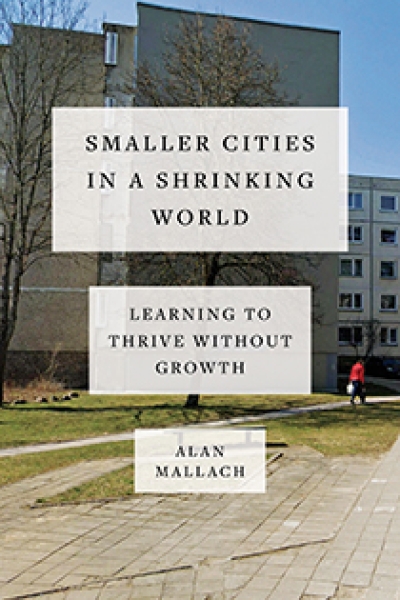
Alan Mallach
Alan Mallach is a senior fellow at the Center for Community Progress in Washington, DC. He is the author of many works on housing and planning, including Bringing Buildings Back and Building a Better Urban Future: New Directions for Housing Policies in Weak Market Cities. He has served as director of housing and economic development for Trenton, N.J. as a visiting scholar at the Federal Reserve Bank of Philadelphia, and as a non-resident senior fellow at the Brookings Institution.



